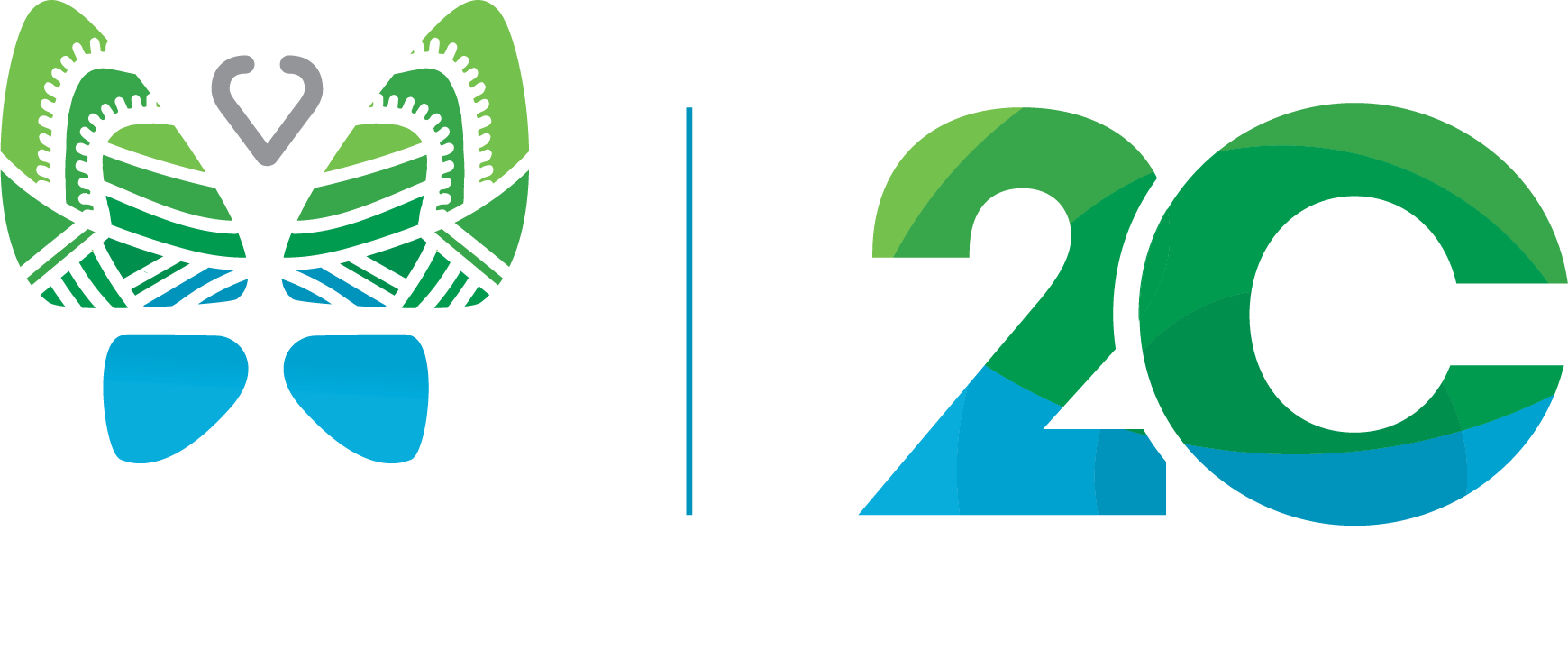Empowering survivors to start a new life
The Lukautim Wantok (look out for a friend/mate) initiative enhances practical skills along with vital business and professional knowledge. Now delivered through Project Zero via the Safe House, this initiative provides life-changing skills to survivors - fostering their agency, and economic security and giving them the skills to start a new life once repatriated from the Safe House.
KTF’s Survivor Bilums offers a starter kit for a new life; survivors typically leave violent situations in a rush, and as a result, they leave behind essential items. As such, each kit contains care items such as soap, laundry powder, contact numbers for support and empowerment affirmations. Survivors have the option of three starter kits - bilum weaving, gardening and seedlings, and skills for sewing - with each one offering items and guides to support their learning of practical skills. Not only do these skills support survivors to create new livelihoods but are also often utilised to elicit storytelling and therapeutic healing. Weaving bilums, in particular, can act as an important cultural touchpoint, that promotes healing and connection.
Bilum Kit: with wool and needles to start weaving Bilums and contribute to weaving bilums through business initiatives. These skills are normally held by women who learn them growing up in the village, learning from their mothers and aunties. Weaving bilums have often been known to elicit storytelling and therapeutic healing. However, survivors who are starting new lives often don’t have access to the wool and natural materials required to produce bilums.
Seedling Kit: with cabbage, greens, pumpkin seeds, flower seeds, and small tools to support survivors in growing their own vegetables and flowers. Our intention here is to ensure women have knowledge of planting techniques and crop availability (depending on the region of their home villages).
Sewing Kit: with fabric, needles, cotton, buttons, measuring tape, elastic and thread to support survivors in becoming skilled sewers able to make a variety of products or clothes. Similar to the Bilum Kits, these skills are vital for small business activities, where many place their focus when restarting their lives.
The Safe House also provides a Baby Bundle Kit, to support survivors with babies, including reusable nappies, baby oil/powder, a set of baby clothes and a blanket/wrap.
One of the Safe House’s current survivors, Serah* (name changed for anonymity), has learnt how to twist wool and make a bilum after coming to the Safe House, These skills that she did not previously know, are crucial practical skills that can help survivors get a new start to life and gain independence, agency and empowerment.
”Whilst in the hospital, I was visited by KTF staff, they presented me with a bilum full of goodies. As soon as I opened the Bilum, I felt my sickness leave my body, I felt the positive energy that came with the gift and their smiles on their beautiful faces made me feel a lot better.” - *Serah, Survivor (name changed to protect the anonymity of the survivor).
Research indicates that young women who are unemployed and financially dependent on their spouses, often experience the highest rates of family and sexual violence. By teaching critical skills and knowledge, Lukautim Wantok bridges the gap between vulnerability and empowered independence.
Rebecca, current Safe House Manager, has delivered a diverse range of training sessions to survivors including personal development, knitting, gardening, baking and financial literacy. Hands-on activities are invaluable for survivors of violence, it allows for them to express their creativity, and build resilience and mindfulness. Similarly, the financial literacy training is particularly impactful, Rebecca reported that survivors were eager to learn new skills and felt empowered about how these skills can help build a stable and independent life.
Lukuatim Wantok is supported by the Web of Hope and the Canadian Government. Project Zero is supported by the Australian Government through the Australian NGO Cooperation Program (ANCP), the Canadian Government and the Web of Hope Foundation.
